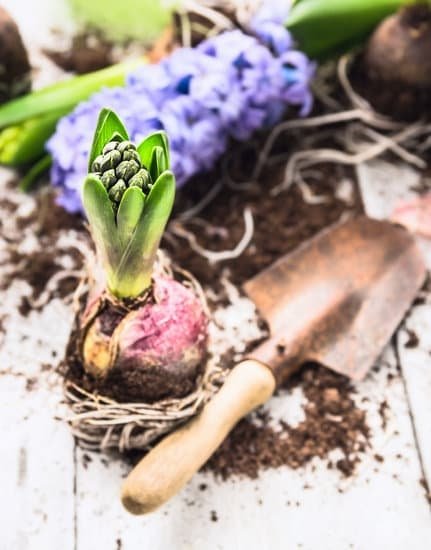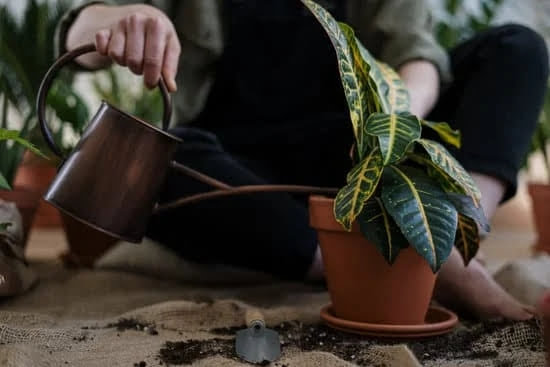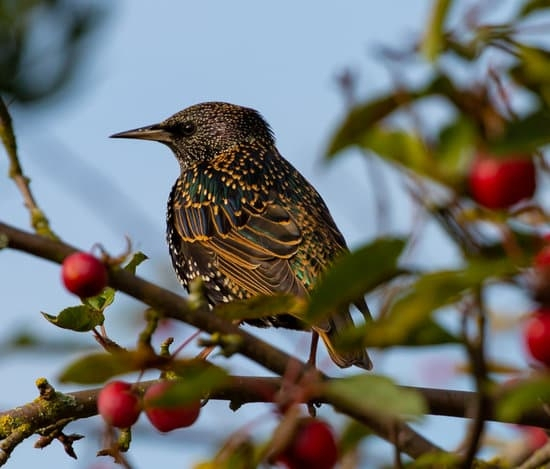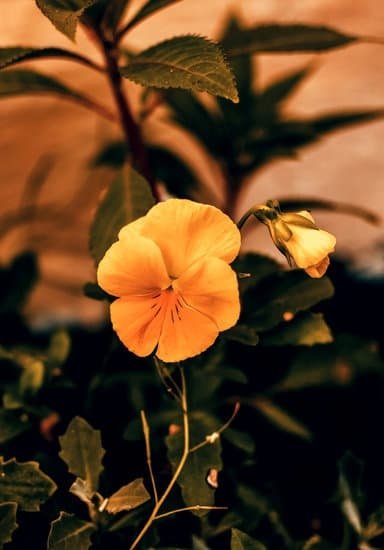Tips And Tricks Gardening
is a fun and rewarding hobby, but it can also be a lot of work. Here are some tips to help you get the most out of your gardening experience.
1. Plan your garden layout before you start planting. Consider the sun exposure, soil type, and drainage of your garden plot.
2. Make sure to plant plenty of vegetables and fruits that you and your family enjoy.
3. Use organic gardening methods whenever possible. Composting, mulching, and crop rotation are all great ways to build healthy soil and reduce the need for fertilizers and pesticides.
4. Water your plants regularly, especially during hot weather. Make sure to water the roots, not the leaves, to avoid fungal diseases.
5. Keep weeds under control by using mulch, herbicides, or hand pulling. Weeds can rob your plants of nutrients and moisture, so it’s important to get rid of them as soon as possible.
6. Harvest your vegetables and fruits when they are ripe. This will not only taste better, but it will also encourage new fruit production.
7. Store your garden tools and supplies in a dry, safe place when not in use. This will help keep them in good condition and reduce the likelihood of rust or corrosion.
8. Join a local gardening club or online gardening forum. There are many great resources available online and in person for gardeners of all levels of experience.
9. Have fun and enjoy your garden! Gardening is a great way to relax and connect with nature.
Square Foot Gardening Tips And Tricks
Square foot gardening is a great way to garden if you are short on space or if you want to garden organically. Here are some tips and tricks to help you get started.
1. Decide where you want to garden. Square foot gardening works best in an area that is at least 4×4 feet, but you can use any size area.
2. Decide what you want to grow. Not everything grows well in a square foot garden, so be sure to choose plants that will do well in your climate and soil type.
3. Create your garden bed. You can use any type of container or material to create your garden bed, but it is best to use a material that will allow the water to drain well.
4. Mark out your garden bed. Use a ruler or a piece of string to mark out a 4×4 square in your garden bed.
5. Add soil to your garden bed. You can either use soil from your garden or buy soil from a garden center. Be sure to use a soil that is high in organic matter.
6. Add compost to your garden bed. Compost is key to a successful square foot garden. You can either make your own compost or buy compost from a garden center.
7. Add plants to your garden bed. Be sure to plant your plants in the correct spot according to their size. You can find planting charts online or in gardening books.
8. Water and fertilize your plants. Be sure to water your plants regularly and add fertilizer to your garden bed every few weeks.
9. Harvest your crops. Be sure to harvest your crops regularly so that they don’t overcrowd your garden bed.
Gardening Tips And Tricks Late Autumn
As the leaves fall and the days grow shorter, it’s time to start preparing your garden for the winter. Here are a few tips to help you get your garden ready for the cold weather.
1. Mulch your garden beds. Mulching your garden beds will help protect your plants from the cold weather. Mulch will also help keep the soil warm and moist.
2. Add compost to your garden beds. Compost will help keep the soil healthy and will also help protect your plants from the cold weather.
3. Add organic matter to your soil. Organic matter will help improve the structure of the soil and will also help protect your plants from the cold weather.
4. Add a layer of straw to your garden beds. A layer of straw will help protect your plants from the cold weather and will also help keep the soil warm.
5. Add a layer of plastic to your garden beds. A layer of plastic will help protect your plants from the cold weather and will also help keep the soil warm.
6. Add a layer of insulation to your garden beds. A layer of insulation will help protect your plants from the cold weather and will also help keep the soil warm.
Gardening Tips And Tricks For Beginners
There is no need to be overwhelmed by gardening. It is a skill that can be learned by anyone. With the following tips, you will be on your way to becoming a gardening pro in no time.
One of the most important tips for gardening is to make sure that you have a good quality pair of gardening gloves. This is important because you will be using your hands to pull weeds and to move heavy objects. Make sure that the gloves fit well and are made of a sturdy material.
If you are new to gardening, start with plants that are easy to care for. If you are not sure of how to care for a plant, do some research before you buy it. There are many websites and books available that will teach you how to care for a particular type of plant.
When starting a garden, it is important to choose the right location. The location should be sunny and have good drainage. The soil should also be fertile. If you are not sure if the soil is good enough, you can have it tested at a gardening center.
To make your garden look nice all year long, plant a variety of plants. If you only plant one type of plant in your garden, it will look bare at different times of the year. By planting a variety of plants, you will ensure that your garden looks nice all year long.
If you are new to gardening, start with plants that are easy to care for. If you are not sure of how to care for a plant, do some research before you buy it. There are many websites and books available that will teach you how to care for a particular type of plant.
When starting a garden, it is important to choose the right location. The location should be sunny and have good drainage. The soil should also be fertile. If you are not sure if the soil is good enough, you can have it tested at a gardening center.
To make your garden look nice all year long, plant a variety of plants. If you only plant one type of plant in your garden, it will look bare at different times of the year. By planting a variety of plants, you will ensure that your garden looks nice all year long.
Farming Gardening Tips Time-Saving Tricks
There are many time-saving tricks that can be used when farming or gardening. One of the most important is to plan your garden layout carefully. Decide what you want to grow, and where it will go in your garden. This will help to avoid wasted time and energy later on.
Another time-saving trick is to use mulch. Mulch helps to keep the soil moist, and it also helps to suppress weeds. This means that you will spend less time weeding your garden, and more time enjoying your plants.
Another great time-saving trick is to use organic fertilizers. Organic fertilizers are slow-release, which means that they will release nutrients over a period of time. This means that you will not have to fertilize your plants as often, which will save you time.
One of the most important time-saving tricks when farming or gardening is to be organized. Have all of your tools and materials ready before you start working. This will help to avoid wasted time and energy.
By using these time-saving tricks, you can maximize your gardening and farming time, and get the most out of your garden.

Welcome to my gardening blog! I am passionate about plants and enjoy sharing my knowledge and experiences with others. In this blog, I will write about everything related to gardening, from tips on how to get started to updates on my own garden projects.





